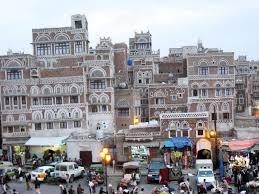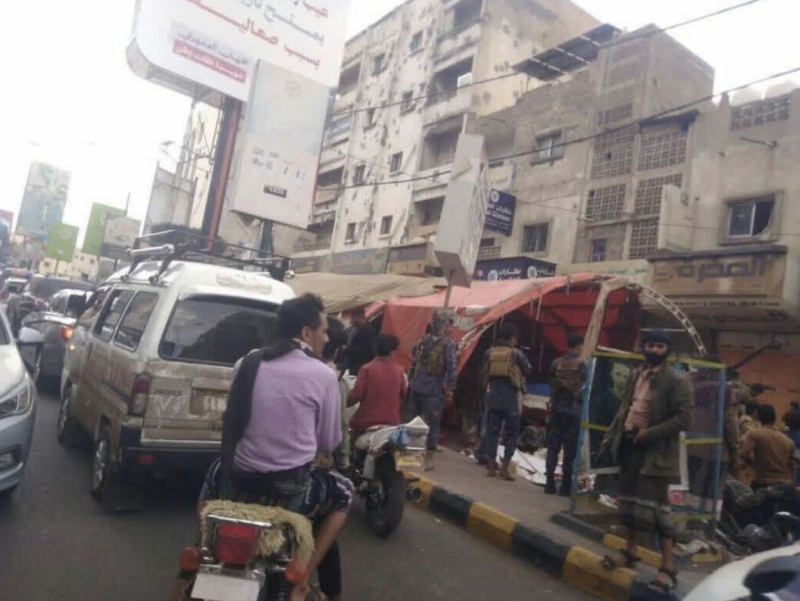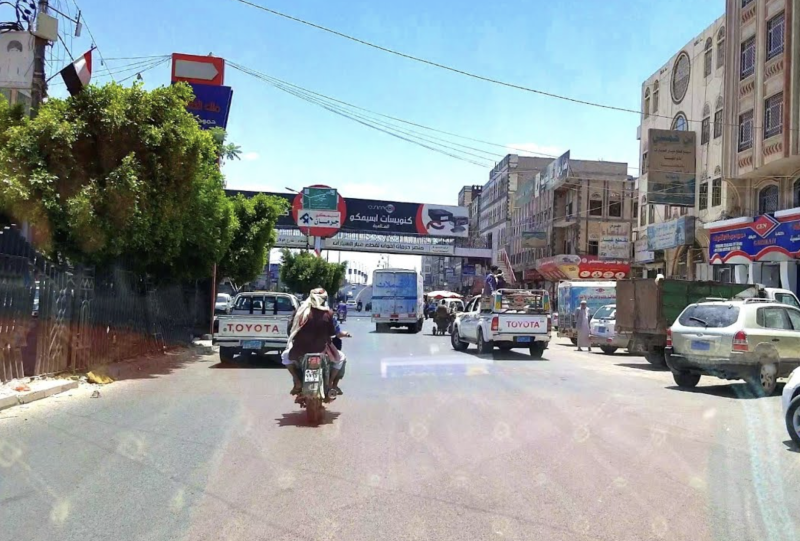Yemenis and the question: what's next?


By Nabil Al-Bukiri
It would not be a sweeping statement to say that the people of Yemen have been going through the most difficult moment in their 50-year history, since the Houthis captured their capital Sana'a on 21 September. This brief time is perhaps adequate enough to paint a picture of Yemen's current political reality and although the name Houthi might be new to the political scene, the actual political and historical doctrine behind it is not new and is an extension of what is known as the Zaidi Hadawi doctrine, which the Yemeni people revolted against on 28 September, 1962.
Nearly two months have passed since the Houthis imposed their control on the Yemeni capital, taking advantage of the political vacuum due to the betrayal of both the security and military establishments in the country. The international community has dismissed the events in Yemen as a mere repercussion of the Arab Spring.
During this very short period of time, the Houthis have tried to swallow the state whole through their sectarian and political ideologies and integrate the tens of thousands in their armed militias into the armed forces. The group has managed to infiltrate every nook and cranny of the government's ministries, institutions and bureaus by placing one of their members in every ministerial office under the deceptive pretext of combatting corruption. The Houthis have been placing the government and large amounts of money into to the state's institutions without considering the legality of such actions and yet, they claim to want to protect them.
For example, the Houthis tried to fund 3,820 militants from their militia in Hadida, which was a decision that was ultimately rejected by the governor. Thus, the group worked on dismissing him and replacing him with someone else who was affiliated with them and would meet their demands. Despite the illegality of such an action, the Houthis tried to impose a new reality and a sectarian agenda on every level, even that of the mosques. Not only are they dismissing every imam and cleric that disagrees with their philosophy, but they are also trying to change the weekend from Friday and Saturday to Thursday and Friday to better meet their needs.
After vetoing the partnership and peace treaty after they took control of Sana'a, the Houthis not only infiltrated the government with their troops, but also began to use a religious ideology to attack their opponents' houses. These bombings are not uncommon to a political group of this kind, which seeks to justify any attack or manoeuvre against its enemies.
What concerns us, as observers of this scene, is that there is an authoritarian regime with a sectarian agenda that seeks to bring Yemen back under its control. We have already begun to see the signs. This is not surprising given the history of the Houthi group and the numerous studies that have recently emerged warning us of such a fate in Yemen.
I believe that the recent statements made by presidential advisor and famous Yemeni politician, Dr Abdel Karim Al-Iryani, as well as parliamentary bloc leader Zaid Al-Shami are nothing more than forgone conclusions depicting what is taking place on the ground. Al-Iryani has described the events that took place in September as an armed coup. As for Al-Shami, who apologised for trying to reach out to the Houthis for the sake of peace, he has stated that the group has a clear agenda for the future of the country, both in terms of the state and its people.
After all of this, militias have hijacked Sana'a and former President Abd Rabbuh Mansur Hadi now finds himself under house arrest. What chance is there for a sovereign Yemeni state at this point? Is there still any outlet for hope? I do not think that there is much hope unless the international community decides to intervene in Yemen and even then, this intervention would be calculated. Any foreign involvement would be hidden and this makes Yemen's political and economic collapse imminent.
The questions that everyone must answer now are: How long can this dire situation continue? How can we avoid this terrifying scenario? What options do the Yemeni people have and how can we save Yemen's fate from being immune to regional and international repercussions?
As a Yemeni first and foremost and as a researcher and observer second, I ask the Yemeni people: what now? I urge them to answer this question, especially members of the Houthi movement who now find themselves with the responsibility of having to lead the country. This is the status quo that they have imposed on our country. Our options are growing more and more narrow and our history is full of experiences and instances such as this.
What is happening today in Bayda, Rada and Marib is not only a very clear demonstration of the people's rejection of the military doctrine, but also a clear indication that the country might break out into a devastating scene of war. From here I think that it is important to ask: what next? All options are still available to us, even the option of saying no to this narrow path that will lead Yemen and its people to the pits of hell.

Taiz — Local sources reported Thursday that security forces dismantled protest camps set up along Jamal Street in central Taiz, following a d…

Sana’a — Police in the Yemeni capital announced Wednesday the arrest of two suspects accused of killing a man and his wife on Khawlan S…

Sana’a — Local sources reported that four civilians, including two women and a child, were killed when an armed assailant opened fire o…